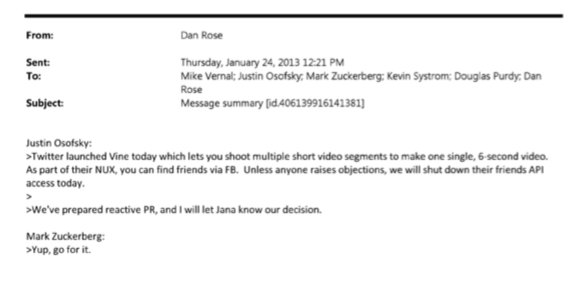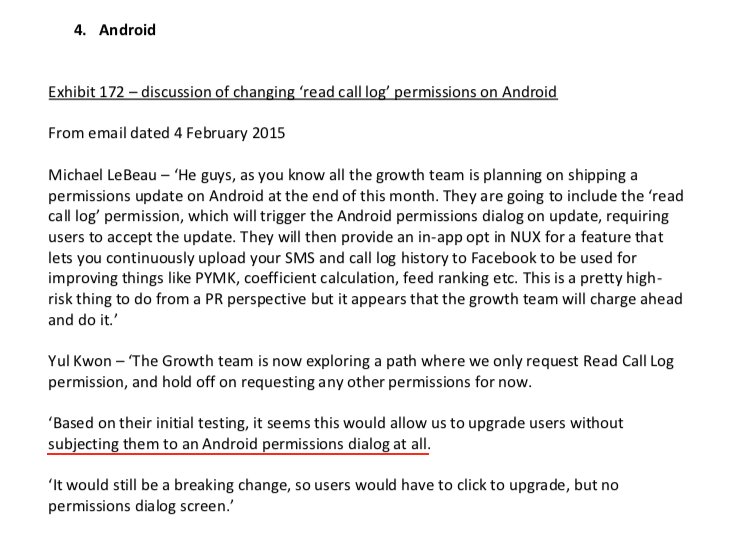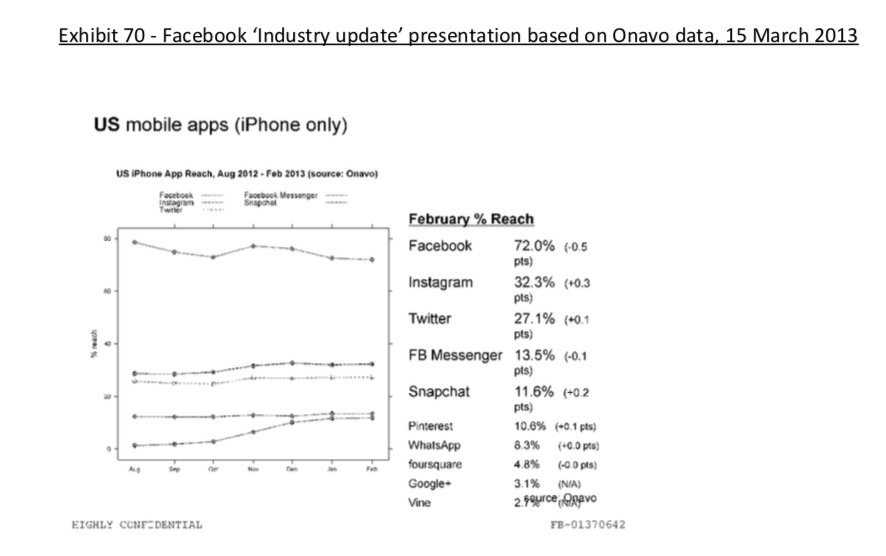“Patterns of Anarchy” is a collection of writings published in 1966. I came to it because a) Christopher Alexander quotes from it in “A Pattern Language” and b) because as a consultant and developer I’m interested in different patterns of organising.

(And the "now" in the book still very much applies today.)
Next up are anarchist descriptions of how organisations are "traditionally" (i.e. almost always) structured. Paul Goodman kicks us off with a description that fits as well today as it did when he penned it.
“The system was designed for disciplining armies, for bureaucratic record-keeping, and tax-collection, and for certain kinds of mass production. It has now pervaded every field.” On Some Prima-Facie Objections to Decentralism by Paul Goodman (pp 379)
While we've Drucker on our minds, lets stay outside Patterns of Anarchy for a minute more.
There's definitely mileage in investigating this...
Back to "Patterns of Anarchy" again for some more history...
https://t.co/ZaiW6Okqka
You May Also Like
BREAKING: @CommonsCMS @DamianCollins just released previously sealed #Six4Three @Facebook documents:
Some random interesting tidbits:
1) Zuck approves shutting down platform API access for Twitter's when Vine is released #competition

2) Facebook engineered ways to access user's call history w/o alerting users:
Team considered access to call history considered 'high PR risk' but 'growth team will charge ahead'. @Facebook created upgrade path to access data w/o subjecting users to Android permissions dialogue.

3) The above also confirms @kashhill and other's suspicion that call history was used to improve PYMK (People You May Know) suggestions and newsfeed rankings.
4) Docs also shed more light into @dseetharaman's story on @Facebook monitoring users' @Onavo VPN activity to determine what competitors to mimic or acquire in 2013.
https://t.co/PwiRIL3v9x

Some random interesting tidbits:
1) Zuck approves shutting down platform API access for Twitter's when Vine is released #competition

2) Facebook engineered ways to access user's call history w/o alerting users:
Team considered access to call history considered 'high PR risk' but 'growth team will charge ahead'. @Facebook created upgrade path to access data w/o subjecting users to Android permissions dialogue.

3) The above also confirms @kashhill and other's suspicion that call history was used to improve PYMK (People You May Know) suggestions and newsfeed rankings.
4) Docs also shed more light into @dseetharaman's story on @Facebook monitoring users' @Onavo VPN activity to determine what competitors to mimic or acquire in 2013.
https://t.co/PwiRIL3v9x













